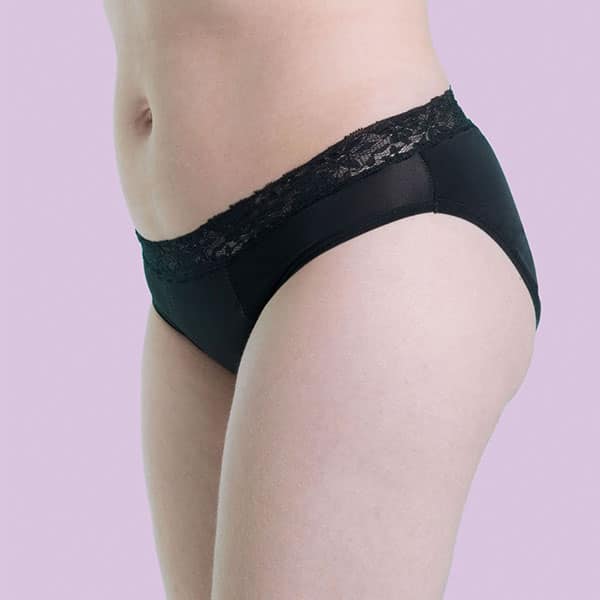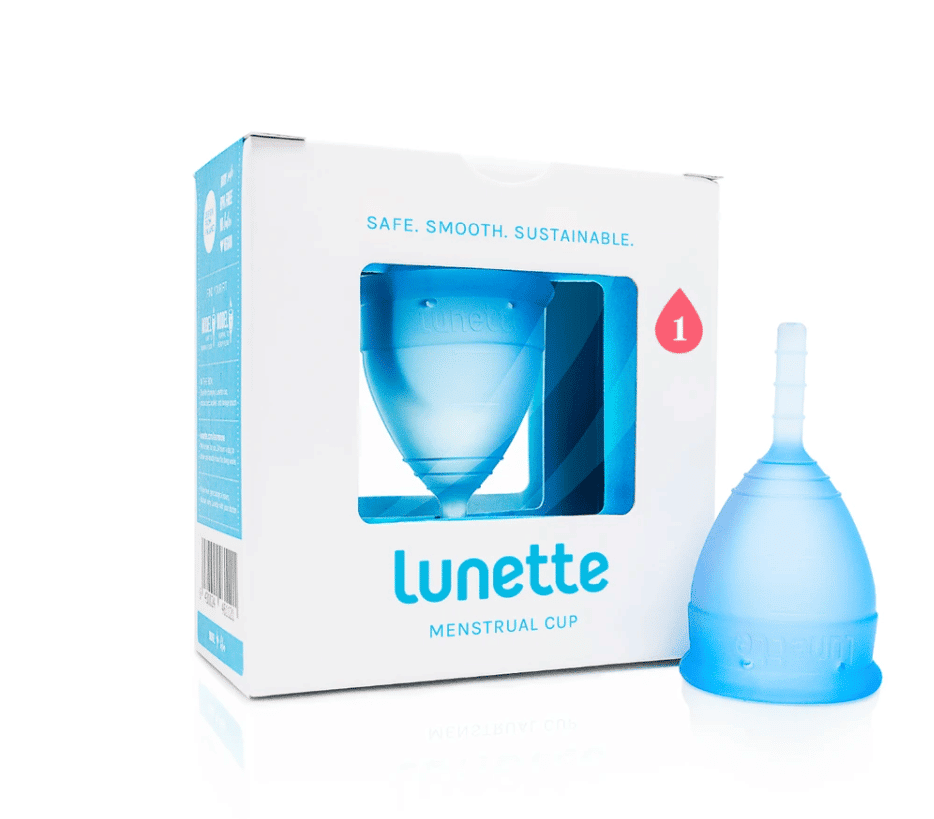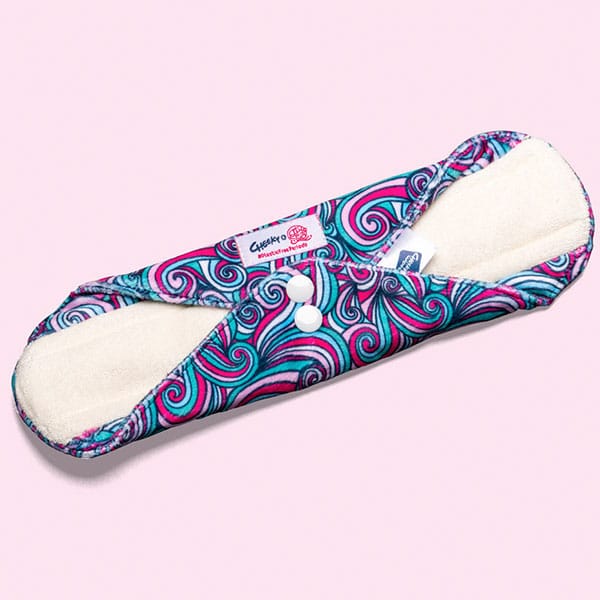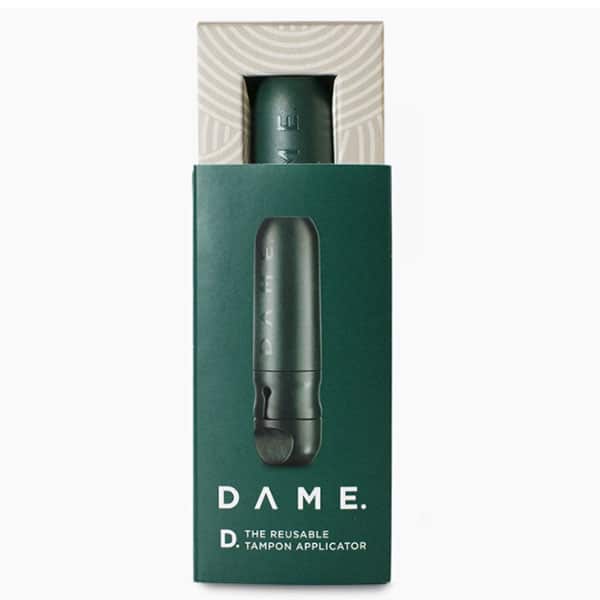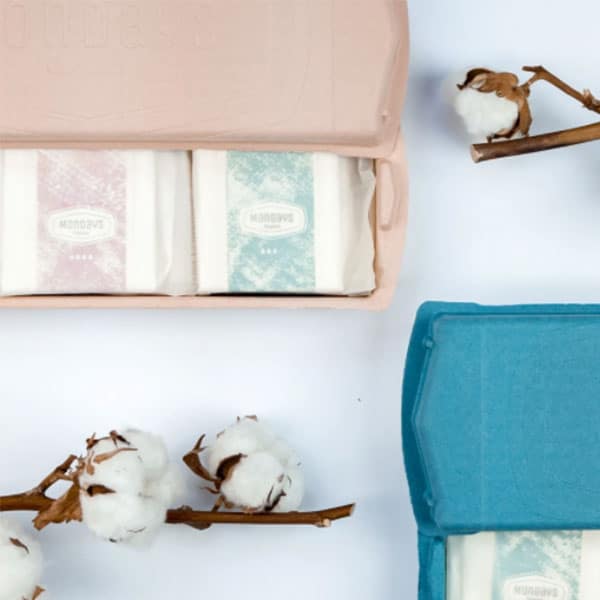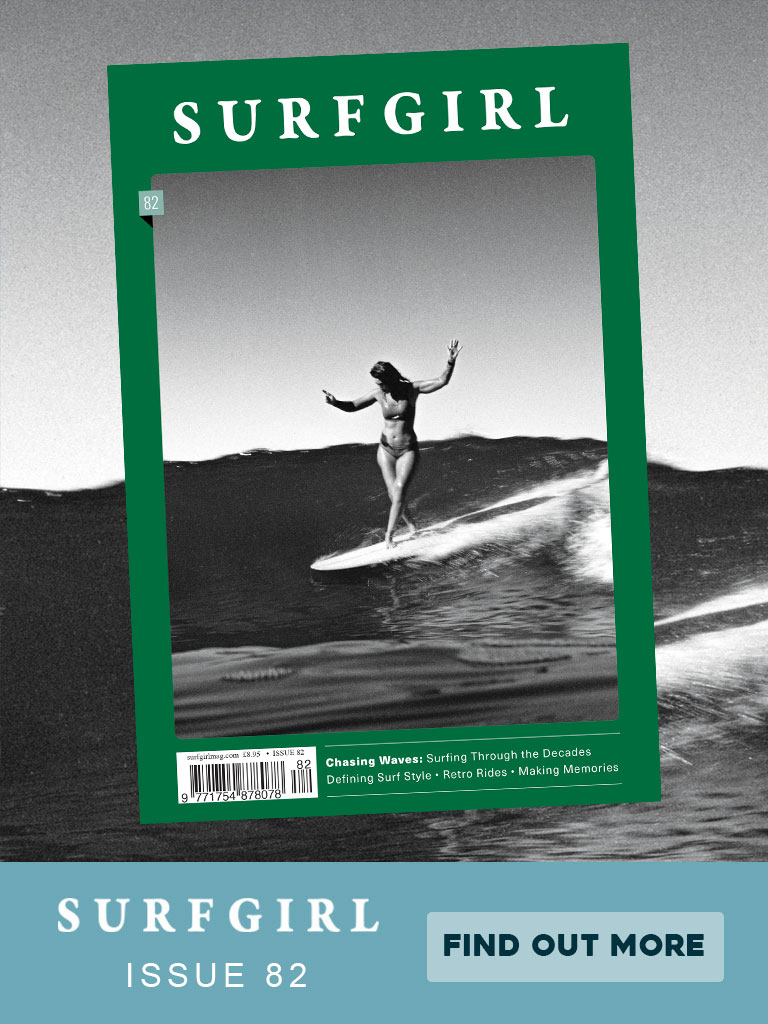
Words by Genny Madeira
With the launch of a fresh campaign for Environmenstrual Week, kicking off on 19th October, we are talking to one of our favourite people, Sophie Hellyer; an ambassador for City to Sea’s Plastic Free Periods campaign, the UK’s leading Environmental organisation on a mission to stop plastic pollution at source.
With period products being the fifth most common form of pollution found on our UK beaches (more common than plastic straws and coffee cups even), surely the time is now to say no to plastic and yes to plastic free alternatives like DAME, Lunette, Cheeky Wipes and Organic Mondays ..
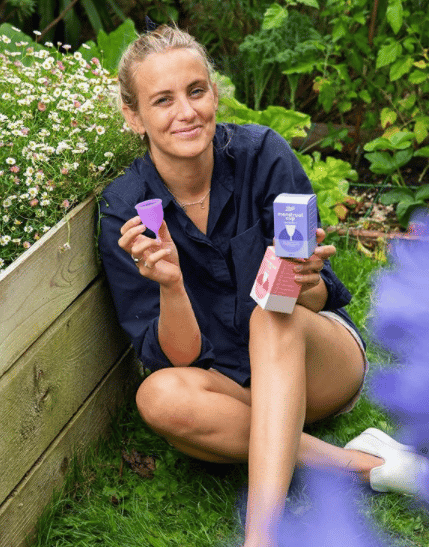
Sophie please tell us what changes have you noticed around period product pollution in the last year?
I first noticed period product pollution when I was about 16 and surfing at my home-break in North Devon. I was paddling for a wave and a used period pad nearly hit me in the face. That was over 17 years ago now! When I was living in London last year, I was horrified by the number of plastic tampon applicators I found washed up along the Thames. In two minutes I could easily pick up 20+ applicators.
Tell us about your role as ambassador at City to Sea?
As an ambassador for City to Sea, I help spread awareness of their #plasticfreeperiods campaign, highlighting the issues around single-use plastics and disposable period products and sharing some of the reusable solutions. Last year I worked on City to Seas Period Detective campaign and called out Boots UK on their lack of plastic-free options in my local store. That resulted in a call from Boots, and a couple of meetings later they now have their own-brand menstrual cup available in most stores. A #BloodySuccess!
In your mind, what is the single most important thing we can do to protect our oceans from period product pollution?
I think raising awareness of the negative impacts of disposable period products is really important. A lot of people have no idea what happens to their period pads or tampons once they are thrown away. Did you know that in the UK it’s estimated that 2.5 million tampons and 1.4 million pads are flushed down the toilet every day?! The more people are aware there is a problem, the more shifts there will be towards the solutions that we already have – like simply putting a bin in your bathroom so you never flush period products again!
What do you feel is the sticking point for people considering plastic-free period products? ie is it education?
I think a lot of it is just because of societal norms. In some countries non-applicator tampons are the norm, in others women normally use applicators. The idea of using a menstrual cup or a reusable pad is pretty alien to some women. Some people may even start off thinking it’s gross – but there isn’t anything dirty or unhygienic about a period. It’s totally natural.
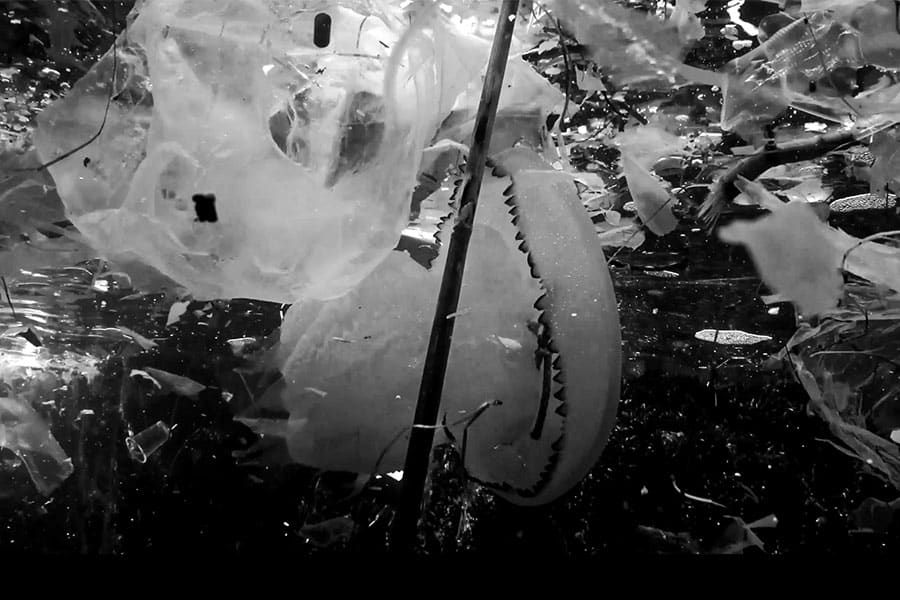
What are the benefits of using alternatives?
Reusable alternatives have so many benefits. Producing less plastic, less toxic chemicals in your body, and they tend to be much cheaper in the long run too.
How do we break the stigma related to such an everyday/ constant thing as a period?
Changing the language around period products is so important. Enough of this women’s hygiene and sanitary – let’s just call them what they are: Period products.
In general, what are the area’s in your world where you find it difficult to lose the plastic?
I often find organic veg comes in plastic in the supermarket, which is a pain, but luckily there are some great veg box schemes locally to us. But food is where I generate the most plastic; you have to be very organised to avoid it.
Sophie, what would you like the next five years to look like for you and the planet, the ocean?
I’d like people to become more connected and engaged with the natural world. Why would the next generation care about looking after the planet if they are completely disconnected from it? Three-quarters of UK children spend less time outdoors than prison inmates, that’s an issue (and one I’m aware intersects with privilege). I’d like to find a way that we can get these kids with their hands in the soil and feet in the ocean. I think that’s going to be key in a healthy future for our planet.
What is your news Sophie? Any fun projects in the pipeline?
I’m looking forward to running more Rise Fierce women’s wild swimming and yoga retreats as Covid restrictions ease. Until then I’ll be surfing and swimming at home whilst fighting the patriarchy from my iPhone.
Where is your happiest place to surf?
The left-hander in Ireland where I used to live. I love that wave.
Facts and alternatives..
Period pants
Period pants are just like you’re regular underwear except they have comfy, absorbent and leak-proof layers that acts like an in-built pad. Cheeky Wipes period pants absorb up to 2.5 tampons worth of blood and then can simply be thrown in the laundry and hung-dry. Period pants usually last 2-3 years, saving up to 858 carrier bags worth of plastic!

Menstural Cups
Menstrual cups are the reusable alternative to tampons, but instead of absorbing blood, they collect it (for up to 8 hours) to then be emptied down the toilet. When properly inserted you should barely notice it’s there! Menstrual cups provide the biggest cost-savings and plastic-savings of all the plastic free options available, since they can last up to 10 years!

Reusable pads
Reusable pads are soft, comfortable, material pads with in-built absorbency and leak-proofing. They are washed and hung-dry after use, typically lasting around 5 years if well-cared for. By switching to reusable pads you could save up to 1430 carrier bags worth of plastic from being produced!

Reusable tampon applicator
DAME’s reusable applicator is the perfect alternative for an applicator-tampon user. It’s used just like any disposable applicator except you can save up to 12,000 items of single-use plastic from being thrown away. The applicator will last at least 10 years and is made from BPA-free, medical grade Mediprene® and medical grade polypropylene, that can be recycled at the end of life. It’s easy to keep clean too. The applicator’s self-sanitising antimicrobial material ensures a safe and hygienic experience. Simply rinse, wipe and go!

Organic tampons and pads
Just like the tampons and pads you know, but with one massive difference; there’s NO PLASTIC, not in the products nor in the packaging, instead they’re certified organic cotton.



